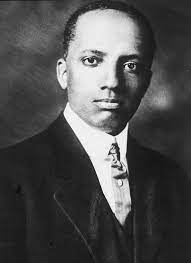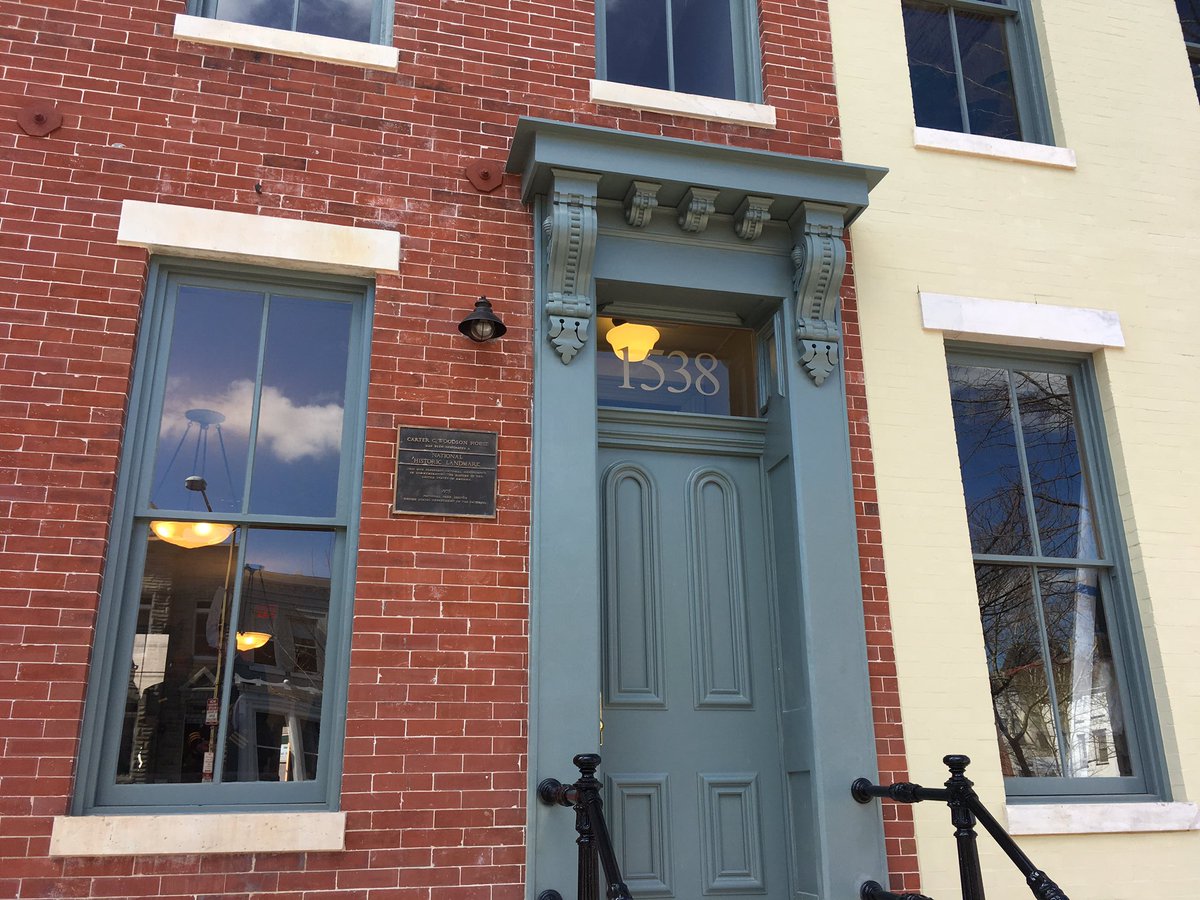What we now recognize as Black History Month, began as Negro History Week in 1926. It was first celebrated spanning the week of February 7th, so that it would encompass the birthdays of both Frederick Douglass (February 14th) and Abraham Lincoln (February 12th). The holiday we enjoy today, was born in the mind of Carter Goodwin Woodson, who is regarded as the Father of Black History.
Carter G Woodson was born in 1875 in New Canton Virginia, just two hours south of the Preserve. Woodson worked in West Virginian coal mines to make enough money to not only support his family, but to put himself through high school. He was able to graduate early, on account of all the personal education he was able to subject himself to. He went on to be the second Black person ever, after W.E. B Dubois to receive a PHD from Harvard University.

Woodson became privy to a few issues throughout his studies. The first being that African American history was either being completely ignored and erased and was specifically denied its rightful place in general American history. Thus birthed the Association for the Study of Negro Life and History, now known as the Association for the Study of African American Life and History. Not only was Woodson interested and dedicated to the study of Black people that lived in America, but also Black people diasporically, and on the continent of Africa. He realized that that all three groups were deeply interconnected and that one of their stories could not be told without the other two.
Negro History Week was originally created to celebrate and provide a space for students and scholars to present the information that they’d been learning all year about Black people. Woodson published curriculum and sent out pamphlets for the purpose of giving educators the tools they needed to educate their students and their communities about African American History. Now, at this juncture in our society, Black history month is sometimes the only month that any Black person is brought up in scholarly space, unenslaved.

Black History is more than the first Black people to occupy white and European spaces. Black History is also more than the ways in which Black people survived and subverted the Transatlantic slave trade, colonialism, imperialism, the Civil War, reconstruction, Jim crow, and now gentrification and predatory developmental issues. It is the holistic look at the ways in which Black people govern and view themselves. Black History begins in current day Southern Egypt and Western Ethiopia, not on the shores of Jamestown or Spanish colonies in Florida.
Although we are moving in a direction to better achieve Woodson’s original vision, the act of setting aside time for Black History is a justice and equity piece. It’s an acknowledgement that because of racism, discrimination and hatred, we have hidden the stories of the people who quite literally built this country. It’s also a global look at the birthplace of civilization and contemporary thoughts and theories. Black history is integral and this is a month we set aside to better treat it as such.
Further reading:
https://www.nps.gov/cawo/learn/carter-g-woodson-biography.htm https://www.zinnedproject.org/news/tdih/carter-woodson-black-history-month/